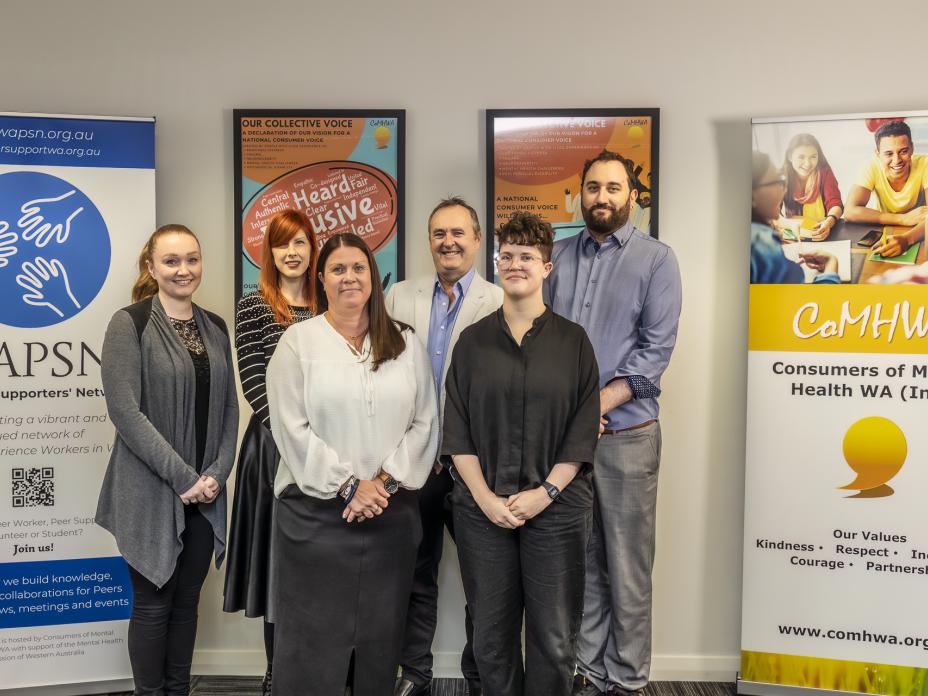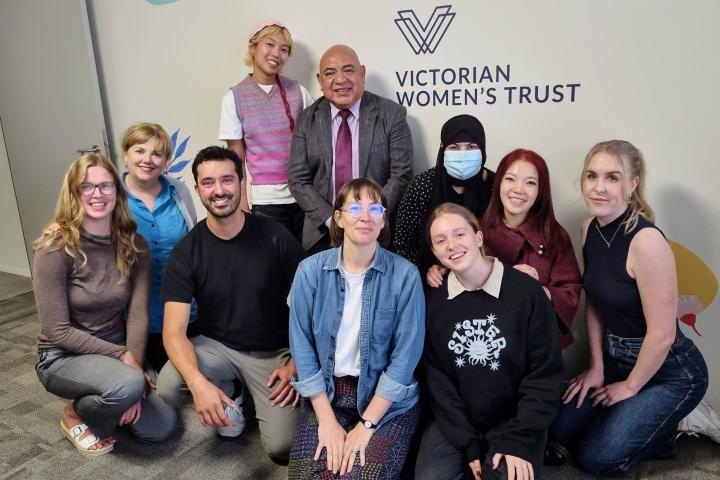Enshrining rights and recovery in organisational policy: Consumers of Mental Health Western Australia
Learn how Consumers of Mental Health Western Australia’s (CoMHWA) Rights, Wellbeing and Recovery policy gives workers with lived experience the tools to help support mental health in the workplace.
- Health Care and Social Assistance
- WA

- CoMHWA is a not-for-profit organisation that provides mental health advocacy and representation. It was formed by people with lived experience of mental health challenges and recovery.
- The organisation has a policy that adopts principles for rights for recovery, trauma recovery and wellbeing within the organisation's approaches and practices. The policy aids in addressing mental health stigmas by encouraging conversation.
- CoMHWA incorporated the policy into its operational practices, providing workers with the tools to address mental health in the workplace.



